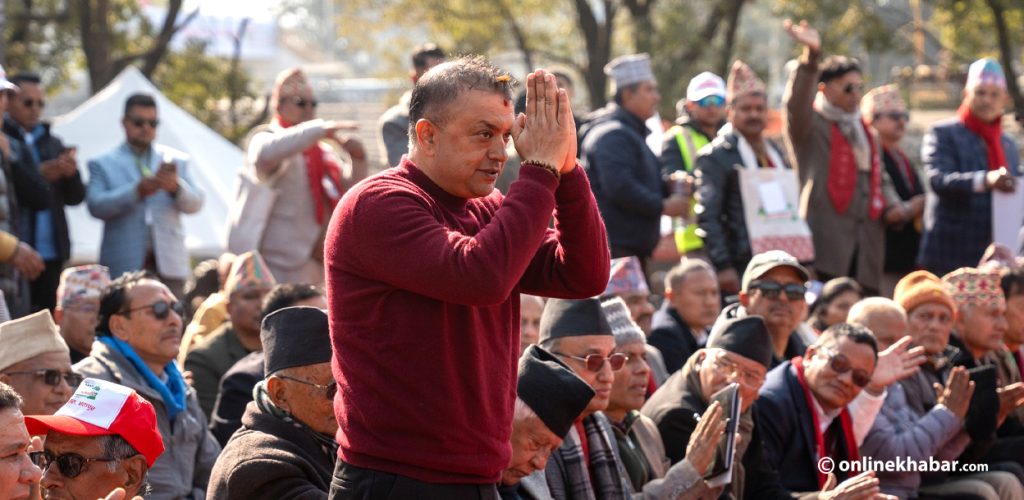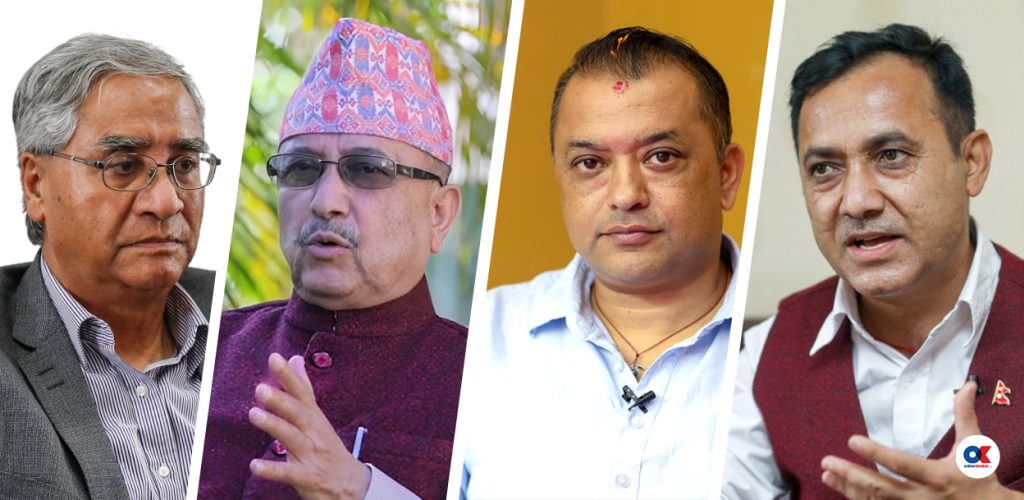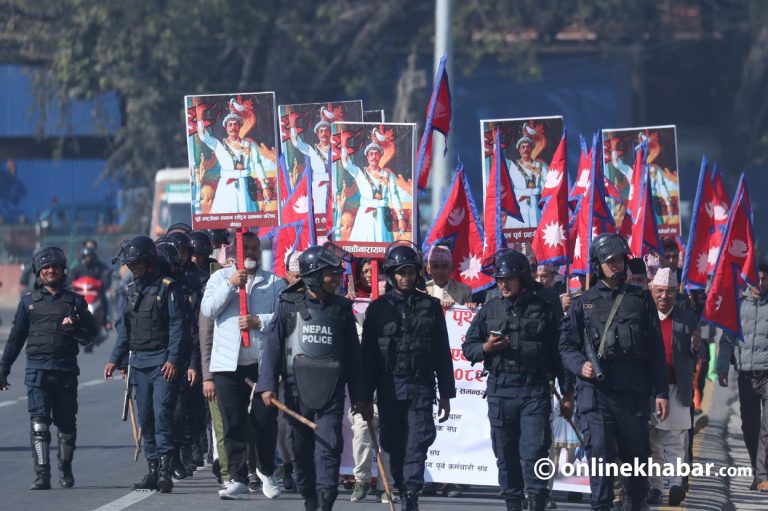
Kathmandu, June 21
Nepali Congress leader and lawmaker Gagan Thapa told Onlinekhabar on Tuesday that the Taliban attack in Kabul, which killed 12 Nepali nationals, has splattered blood of the countrymen on the faces of “Nepal’s politicians like us, who have forced Nepal’s young people to go abroad in search of livelihood.”
“But we are cleaning the mirror instead of cleaning our blood-smeared faces,” Thapa said.
He said: We know Nepali youths have gone to high-risk countries like Afghanistan and Iran, but we act as if we do not know this. This is because the money they send keeps us going. Nepali youths going to Afghanistan for jobs is a socioeconomic issue.
Whether it’s the case of the killing of 12 Nepalis in Iraq or in Afghanistan, Nepali politicians should have done some serious soul searching, Thapa says.
He says: Politicians like us, who are claiming to be working to fix national politics, should have discussed factors that forced Nepali youths to go to Afghanistan. We should have discussed ways that could have stopped those youths from going to that country.
Thapa opines that merely condemning terrorism is not enough.
He says: Whether going to Afghanistan is legal or illegal is one thing. The government is letting Nepalis go to certain high-risk countries by fulfilling certain conditions.
The Kabul attack has posed an ethical question to Nepal’s politicians, the young politician says.

“We have made laws and said workers can go abroad on free visa and free ticket. But thousands of youths have gone abroad by paying money under the table.”
“Nepali youths have gone to high-risk countries like Afghanistan out of compulsion. As per the government’s economic survey, there’s a need to generate half a million jobs in Nepal every year. But not even 50,000 jobs are created. One has to make a living. In such a situation, how can laws and regulations prevent people from going to high-risk countries for jobs?”
“We can convince Nepalis not to fly to high-risk countries for jobs only when we can generate employment opportunities in Nepal itself,” Thapa concludes.
























